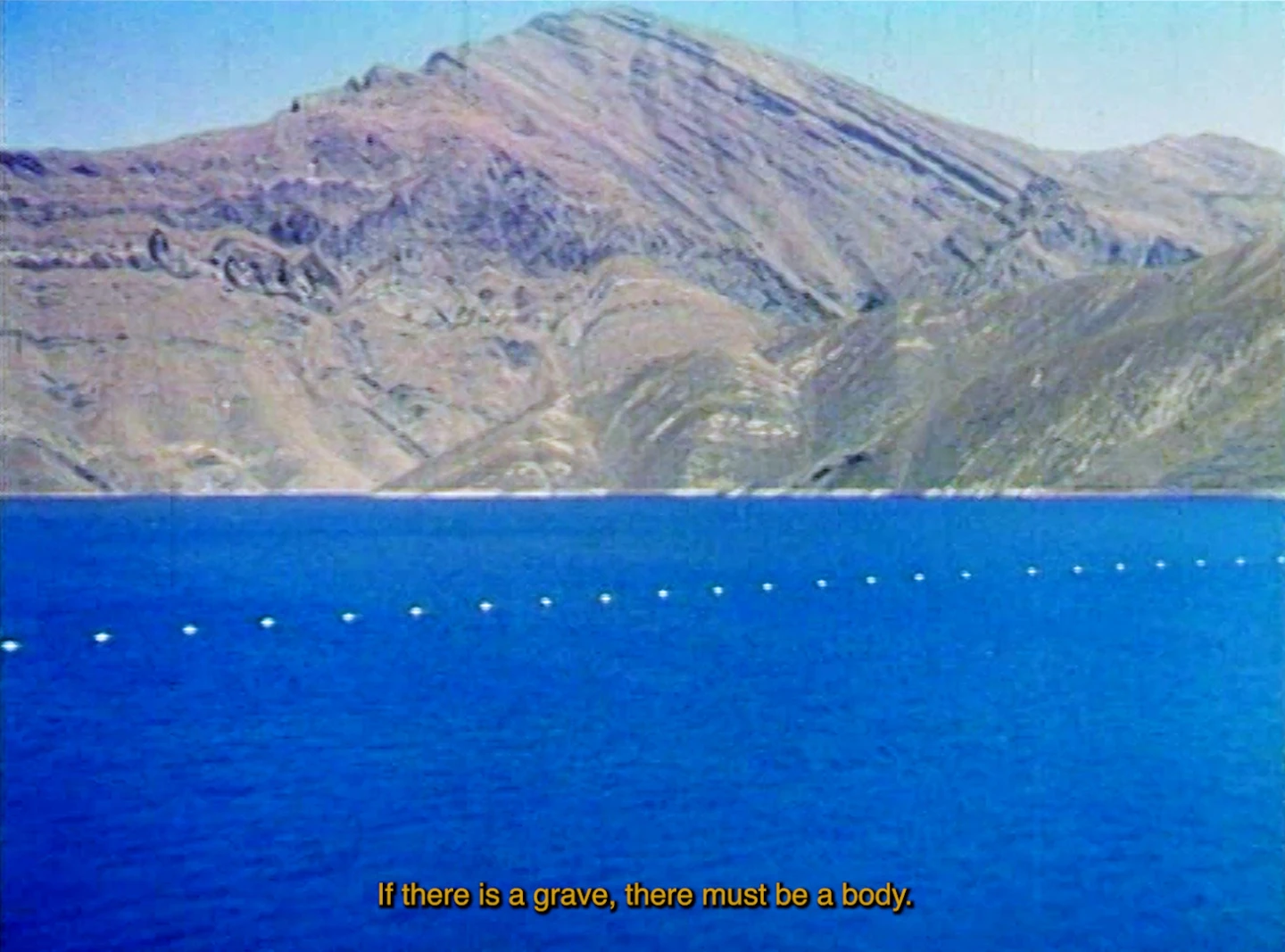Since 2021 that Doclisboa presents the Healthy Workplaces Film Award, sponsored by The European Agency for Safety and Health at Work (EU-OSHA). Its objective is to honour a documentary that focuses on the human being in a changing world of work, addressing work-related topics such as physical and psychosocial conditions, existing and new risks at work.
This year we interviewed William Cockburn, the Executive Director of EU-OSHA, to learn more about this award and what we can expect from the nominees of the 2025 edition of the festival.
1.How does this award contribute to raising awareness about risks in the world of work?
The Healthy Workplaces Film Award opens a lens onto the evolving realities of working life. Presented by the European Agency for Safety and Health at Work (EU-OSHA) in the frame of the Doclisboa festival, the award celebrates cinematic storytelling that captures the human experience in the workplace.
What makes this award unique is its commitment to impact and accessibility: EU-OSHA not only provides a €5,000 prize, but also funds subtitling in multiple European languages, ensuring the winning film travels across borders and reaches audiences in their own language. Through EU-OSHA’s national Focal Point network, these films are screened throughout Europe, sparking debate and reflection on the challenges people face at work.
For filmmakers, it’s a chance to see their work used as a tool for awareness and change. For audiences, it’s an invitation to engage with stories that reveal the often unseen dimensions of working life. The award affirms that documentary film is not just art, it’s advocacy, education, and a driver for dialogue.
2.What are the essential criteria for a film to promote OSH and foster this debate?
To effectively promote occupational safety and health (OSH) and spark meaningful debate, a documentary must do more than inform, it must resonate. The Healthy Workplaces Film Award recognises films that explore the risks people face at work, whether physical, chemical, mechanical or psychosocial, and those that reflect on workers’ rights, health and safety, or the impact of political and economic shifts on working life.
Themes may centre on sectors like education, agriculture, construction or healthcare, or highlight the experiences of groups facing particular challenges: migrant workers, women, disabled or ageing workers, and young people. But crucially, the film must be authored and artistic, with a clear point of view, compelling storytelling, strong characters and high-quality filmmaking.
3.How important is this type of incentive for projects that address OSH across European borders?
The Healthy Workplaces Film Award scheme has been running since 2009, formerly in cooperation with DOK Leipzig in Germany. Over the past two years, more than twenty screenings of the winning documentary were organised by EU-OSHA’s national focal points and have brought together over 1,300 participants across eight countries. These events have sparked lively conversations, turning what can beseen as somewhat dry topics into something far more creative and engaging. By linking workplace risks to powerful storytelling, the screenings have opened up new ways of thinking.
For filmmakers, the award offers not only recognition but a platform to connect with new audiences and discover the relevance of OSH in their work. Directors often become powerful advocates for OSH, as shown by Mercedes Moncada, whose film ‘Perplexed Ants’ earned a special mention in 2023 and who went on to join the Doclisboa jury in 2024, bringing her creative insight and newfound OSH perspective to the selection process.
The screenings at the Doc Lisboa festival also attract younger people, helping to embed OSH awareness early and widely.
4.What can you tell us about this set of films that has been nominated for the award at the 2025 edition of Doclisboa?
This year’s nominated films are as rich in diversity as in relevance. With nine documentaries in the running, each offers a distinct view on the human experience in today’s shifting world of work. The themes range from climate change and mental health to the realities faced by migrant workers, women, young and ageing workers. The nominations also span a wide array of sectors, including industry, agriculture, care work, and the creative fields of film and art.
Stylistically, the selection is varied and vibrant, reflecting the filmmakers’ unique approaches to storytelling. The jury faces a tough decision: any of these films would be a worthy winner!
The full list of nominees for the Healthy Workplaces Film Award can be found here or using the filters available at our film directory





